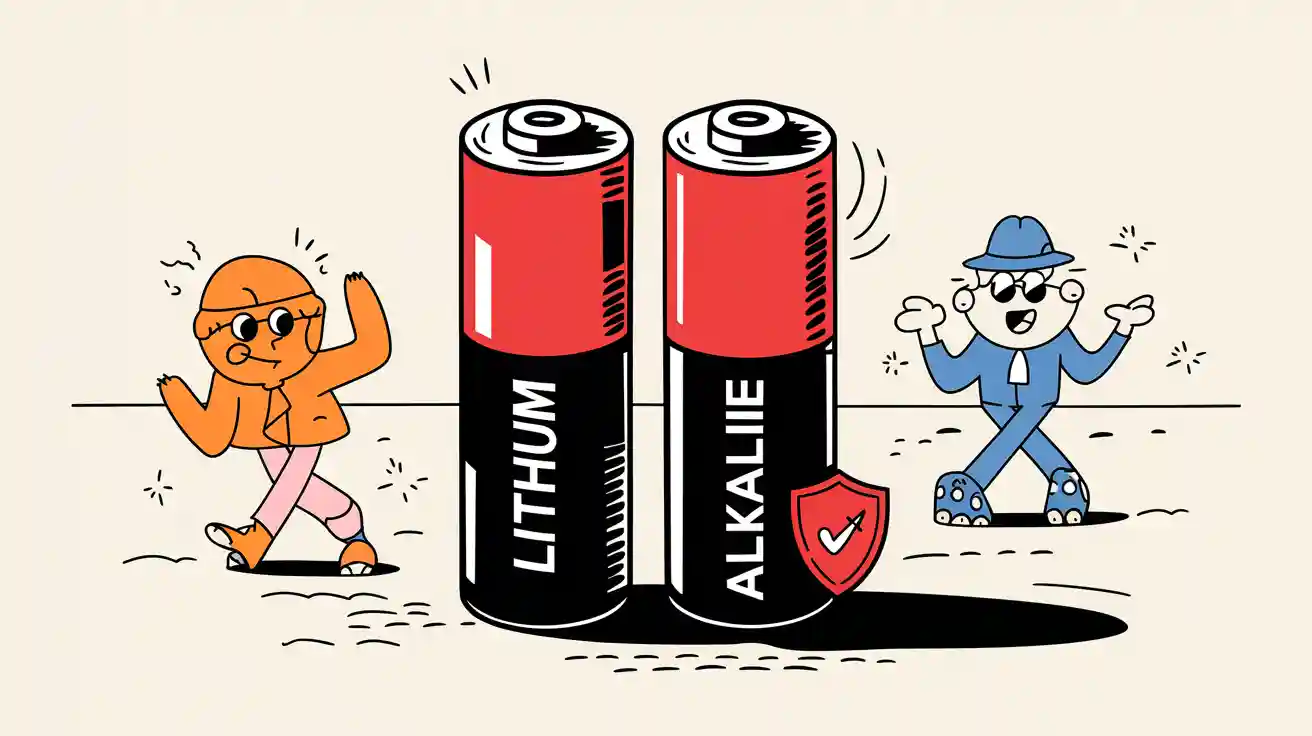
When deciding between a 9V lithium or alkaline battery, which ones more reliable often depends on the application. Lithium batteries are known for their longer lifespan, consistent voltage, and exceptional performance in high-drain conditions. Their high energy density ensures reliable functionality, even in demanding scenarios. Conversely, alkaline batteries are better suited for low-drain devices, offering a cost-effective option while maintaining stable voltage.
Key Takeaways
Lithium 9V batteries work longer than alkaline ones. They are great for devices that use a lot of power or need to work reliably.
Alkaline batteries are cheaper for devices that use less power. They give steady energy and don’t need changing often.
Think about the weather when picking a battery. Lithium batteries handle very hot or cold places better. Alkaline batteries might not work as well in these conditions.
Part 1: Reliability of Lithium 9V Batteries
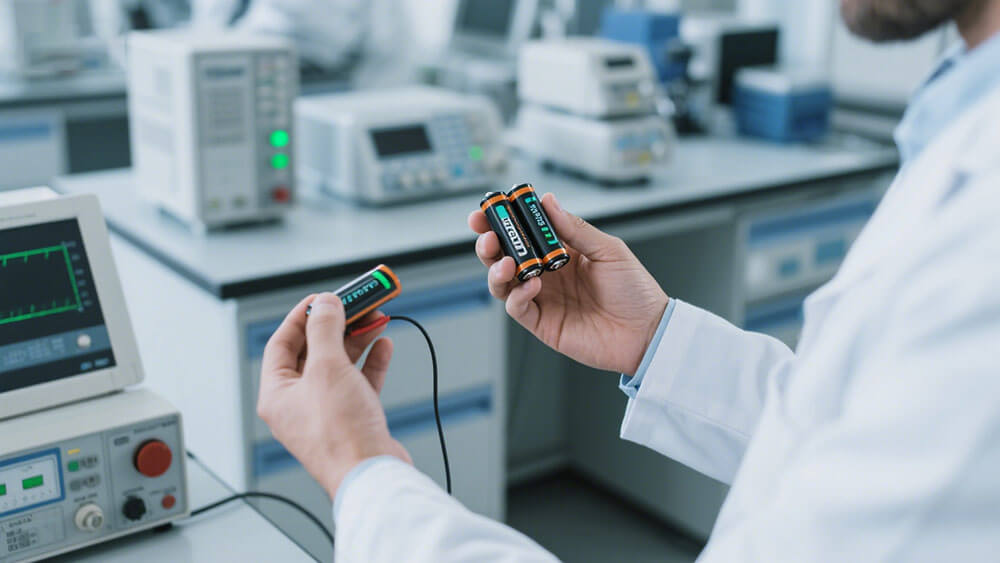
1.1 Long Lifespan and Energy Density
When it comes to reliability, the 9V lithium battery stands out due to its impressive lifespan and high energy density. These batteries are designed to last significantly longer than their alkaline counterparts, making them ideal for applications where frequent replacements are impractical. For instance, the Ultralife Lithium 9V battery offers a capacity of 1200mAh, ensuring extended operational time in high-drain devices. This high capacity translates to fewer interruptions and greater efficiency, especially in critical systems like medical equipment or security systems.
Moreover, lithium batteries maintain their performance even after years of storage. With a shelf life of up to 10 years, they remain ready for use whenever needed. This longevity makes them a reliable choice for backup power in emergency devices or infrastructure systems. Their superior energy density also means they can deliver more power in a smaller package, which is particularly advantageous for compact devices like smoke detectors or consumer electronics.
Tip: If you’re looking for a battery that combines durability with high energy output, a 9V lithium battery is an excellent choice.
1.2 Consistent Voltage Output
One of the key factors that make 9V lithium batteries more reliable is their ability to provide consistent voltage output. Unlike alkaline batteries, which experience a gradual drop in voltage as they discharge, lithium batteries maintain a stable voltage throughout their lifespan. This feature is crucial for devices that require a steady power supply to function correctly, such as industrial sensors or robotics systems.
The advanced lithium chemistry ensures that these batteries deliver reliable performance even under demanding conditions. For example, they are less affected by temperature fluctuations, making them suitable for both extreme cold and hot environments. Whether you’re powering a security system in a freezing warehouse or a medical device in a warm hospital setting, you can count on a 9V lithium battery to perform consistently.
1.3 Performance in High-Drain Applications
High-drain devices, such as wireless microphones, portable medical equipment, and robotics, demand a battery that can deliver sustained power without compromising performance. Lithium 9V batteries excel in these scenarios due to their higher capacity and advanced chemistry. For instance, the Ultralife Lithium 9V battery not only offers a longer lifespan but also ensures consistent performance even under heavy usage.
In addition to their capacity, these batteries are designed to handle rapid energy discharge without overheating or losing efficiency. This makes them a preferred choice for applications where reliability is non-negotiable. Furthermore, their ability to operate effectively across a wide temperature range ensures that they remain dependable in diverse environments, from industrial settings to outdoor applications.
Note: For high-drain applications, consider rechargeable 9V lithium options to further enhance cost-effectiveness and sustainability.
Part 2: Reliability of Alkaline 9V Batteries
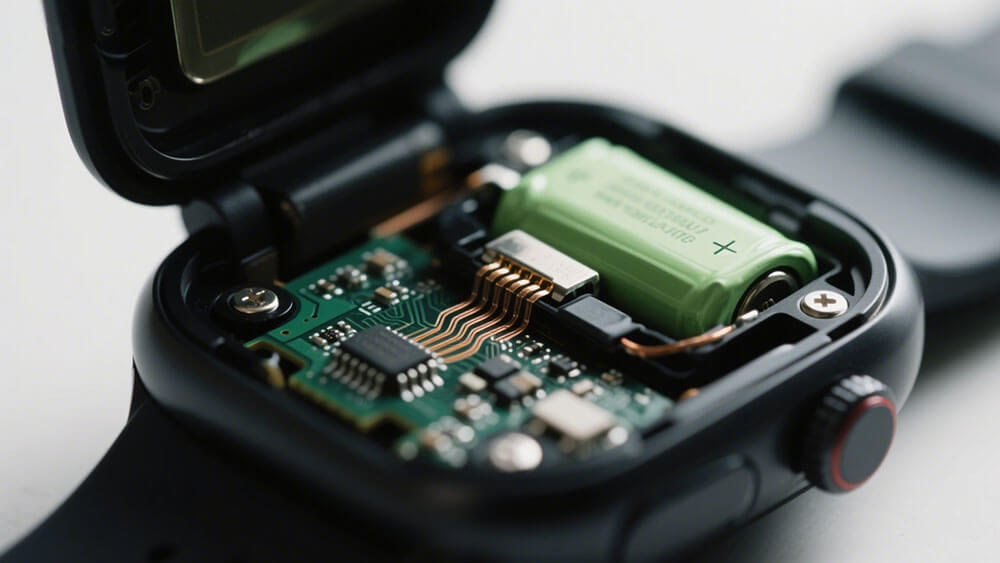
2.1 Cost-Effectiveness for General Use
Alkaline batteries offer a practical solution for everyday applications due to their affordability and durability. A 9V alkaline battery can last up to three years, reducing the need for frequent replacements. This longevity makes them ideal for devices that require consistent power, such as smoke detectors or remote controls. Their higher energy density compared to other non-lithium options ensures longer usage times, providing reliable performance for extended periods.
Businesses can achieve significant cost savings by switching to Procell’s dual portfolio. This approach reduces battery consumption by up to 30% compared to average competitors, while also cutting operational costs by 20%. For low-drain devices, Procell Alkaline Constant 9V batteries deliver longer-lasting power, minimizing replacements and enhancing efficiency.
Tip: If your application involves low-drain devices, alkaline batteries provide a cost-effective and dependable choice.
2.2 Stable Voltage in Low-Drain Devices
Alkaline batteries excel in maintaining stable voltage output, especially in low-drain scenarios. With a nominal voltage of 1.5V and a zero-load voltage ranging from 1.50 to 1.65V, they ensure gradual voltage decline. This stability allows devices to function effectively until the battery reaches approximately 0.9V.
For gadgets requiring continuous power, such as wall clocks or handheld radios, alkaline batteries deliver consistent performance. Compared to carbon batteries, they provide higher peak currents and sustain steady voltage longer, making them a preferred option for low-drain applications.
2.3 Limitations in Extreme Environments
While alkaline batteries perform well in standard conditions, their reliability diminishes in extreme environments. High temperatures can accelerate chemical reactions, leading to faster discharge rates. Conversely, cold temperatures may reduce their capacity, impacting performance in outdoor or industrial settings.
For applications requiring robust performance across diverse conditions, lithium batteries are a better alternative. Their advanced chemistry ensures consistent output in both freezing and scorching temperatures, making them suitable for demanding scenarios like robotics or security systems.
Note: If your device operates in extreme environments, consider lithium batteries for superior reliability.
Part 3: Lithium vs. Alkaline – A Direct Comparison
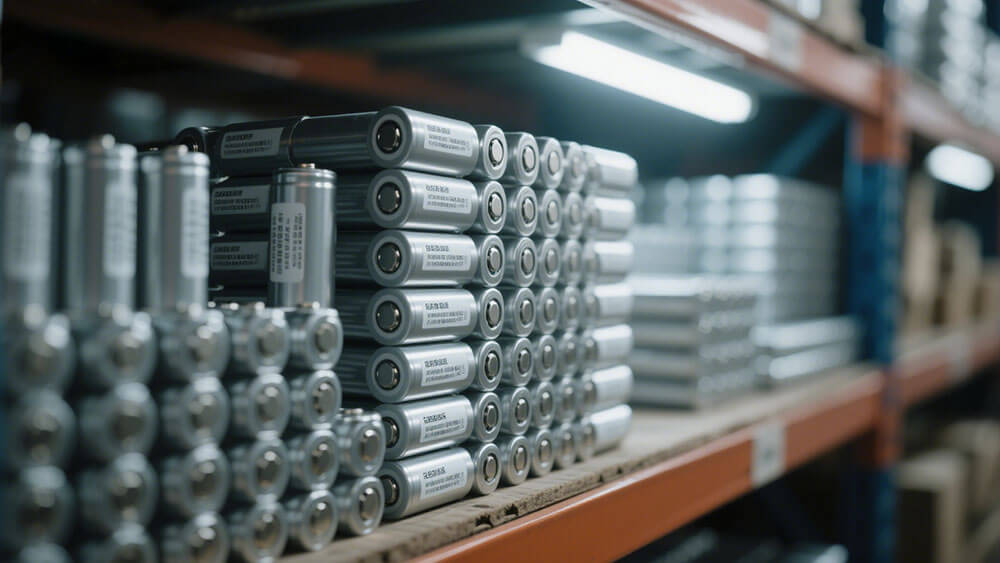
3.1 Lifespan and Durability Metrics
When comparing the lifespan and durability of lithium and alkaline 9V batteries, lithium batteries clearly outperform their alkaline counterparts. Lithium batteries offer up to 4000–10,000 cycles, depending on the chemistry, while alkaline batteries typically last around 300 cycles. This difference makes lithium batteries a more reliable choice for applications requiring long-term performance, such as medical devices or infrastructure systems.
Alkaline batteries also face a higher risk of leakage over time, especially when stored for extended periods. Lithium batteries, on the other hand, maintain their integrity and functionality even after years of storage. Their advanced chemistry ensures minimal degradation, making them ideal for critical applications like robotics and security systems.
Tip: If durability and extended lifespan are priorities, opt for lithium batteries to minimize replacements and ensure consistent performance.
3.2 Performance in High-Drain vs. Low-Drain Devices
The performance of lithium and alkaline batteries varies significantly depending on the device’s power requirements. Lithium batteries excel in high-drain applications, such as wireless microphones, robotics, and portable medical equipment. Their superior capacity, consistent voltage output, and ability to operate in extreme temperatures (-40°C to 60°C) make them indispensable for demanding scenarios.
Alkaline batteries, however, perform better in low-drain devices like smoke detectors or remote controls. Their gradual voltage decline suits applications where power consumption is minimal. While alkaline batteries are cost-effective for these devices, their limitations in high-drain environments and extreme temperatures make them less versatile.
Feature | Lithium 9V Batteries | Alkaline 9V Batteries |
|---|---|---|
Capacity | ≈1200 mAh | ≈550-600 mAh |
Lifespan | Longer, up to 5 times that of alkaline | Shorter |
Temperature Performance | Better in extreme temperatures (-40°C to 60°C) | Less effective in extreme temperatures |
Voltage Output | Consistent 9V output | Voltage decreases over time |
Cost | Higher | Lower |
Best Use Cases | High-drain devices, critical applications | Low-drain devices, general household use |
Note: For high-drain devices, lithium batteries provide unmatched reliability and efficiency.
3.3 Cost and Value Analysis
Cost often plays a significant role in battery selection. Alkaline batteries are initially cheaper, making them a practical choice for budget-conscious applications. However, their non-rechargeable nature and shorter lifespan result in higher long-term costs due to frequent replacements.
Lithium batteries, while more expensive upfront, offer better value over time. Their rechargeable options and extended lifespan reduce overall expenses, especially for high-drain devices. Additionally, their superior energy capacity and consistent performance enhance operational efficiency, making them a cost-effective solution for advanced equipment.
Metric | Alkaline Batteries | Lithium Batteries |
|---|---|---|
Cost Efficiency | Initially cheaper but non-rechargeable | Higher upfront cost but rechargeable |
Voltage and Power | 1.5V per cell, decreases over time | 1.5V to 3.7V per cell, consistent output |
Energy Capacity | Limited, suitable for basic devices | Superior capacity, 1200mAh to over 200Ah |
Lifespan and Durability | Around 300 cycles, risk of leakage | Up to 4000–10,000 cycles, more reliable |
Application Range | Best for low-power devices | Suitable for advanced equipment |
Callout: For applications requiring long-term reliability and cost efficiency, lithium batteries deliver superior value.
For a comprehensive comparison, lithium batteries consistently outperform alkaline batteries in lifespan, durability, and performance metrics. While alkaline batteries remain suitable for low-drain devices, lithium batteries are the preferred choice for high-drain applications and critical systems.
Part 4: Choosing the Right 9V Battery for Your Application
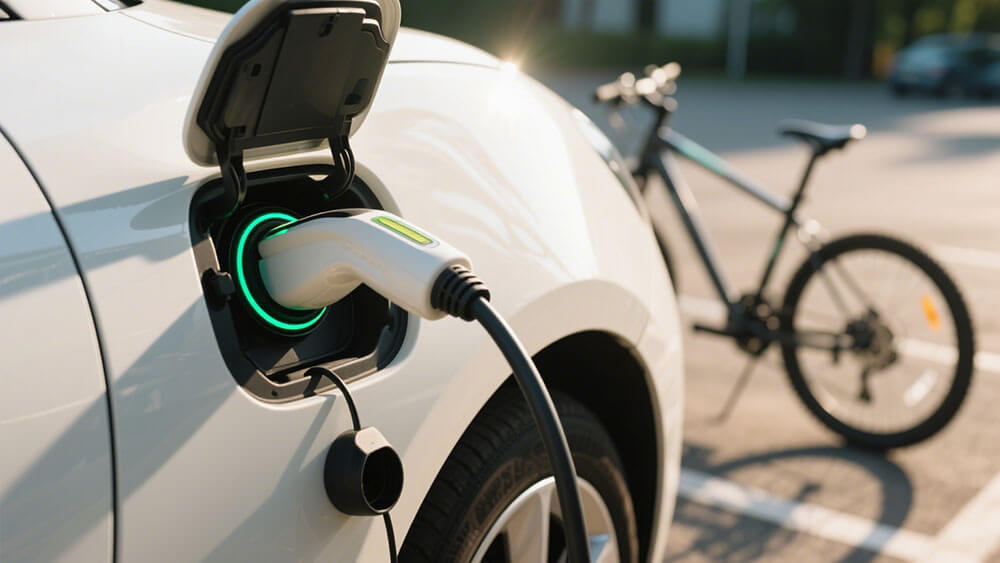
4.1 Factors to Consider for Reliability
Selecting the right 9V battery depends on several factors that directly impact reliability. First, evaluate the device’s power requirements. High-drain devices like medical equipment or robotics demand batteries with consistent voltage and extended lifespan. Lithium batteries excel in these scenarios due to their steady output and ability to handle demanding conditions. Low-drain devices, such as smoke detectors or remote controls, benefit from the affordability and stable voltage of alkaline batteries.
Environmental conditions also play a critical role. Lithium batteries perform well in extreme temperatures, making them ideal for industrial applications or outdoor use. Alkaline batteries, however, may struggle in such environments. Weight is another consideration, especially for portable devices. Lithium batteries are lighter, ensuring better balance and usability.
Feature | 9V Lithium Battery | 9V Alkaline Battery |
|---|---|---|
Lifespan | Lasts up to 5 times longer than alkaline | Shorter lifespan, especially in high-drain |
Weight | Lighter, ideal for portable devices | Heavier, can affect balance of lightweight devices |
Temperature Tolerance | Functions well in extreme temperatures | Less effective in extreme temperatures |
Voltage Consistency | Provides steady 9V output | Voltage decreases over time |
Cost | Higher cost, premium price | Lower cost, more affordable |
Suitability for Devices | Best for high-drain devices | Adequate for low-drain devices |
Tip: For critical applications like medical devices, consider lithium batteries for superior reliability.
4.2 Recommendations for High-Performance Applications
For high-performance applications, prioritize batteries that deliver consistent power and durability. A rechargeable 9V lithium battery offers unmatched reliability for devices requiring sustained energy output. Robotics systems, security systems, and infrastructure equipment benefit from lithium batteries due to their ability to operate in extreme temperatures and high-drain conditions.
Rechargeable lithium-ion batteries provide additional advantages, including reduced long-term costs and environmental sustainability. Their high energy density ensures optimal performance, even in compact devices like consumer electronics. For applications where reliability is non-negotiable, lithium batteries outperform alkaline batteries in every metric.
Callout: Explore custom battery solutions for high-performance applications at Large Power.
4.3 Long-Term Cost and Suitability
While alkaline batteries offer a lower upfront cost, their shorter lifespan and frequent replacements increase long-term expenses. Lithium batteries, despite their higher initial price, provide better value over time. Their extended lifespan reduces replacement frequency, saving costs for businesses and individuals alike.
For applications requiring sustained reliability, rechargeable lithium-ion batteries are the most cost-effective option. They combine durability with environmental benefits, aligning with sustainability goals. Whether powering industrial systems or consumer electronics, lithium batteries deliver superior performance and long-term savings.
Note: Learn more about sustainability in battery solutions at Large Power.
When reliability matters most, lithium 9V batteries deliver unmatched performance. Their longer lifespan, consistent voltage, and ability to operate in demanding conditions make them ideal for high-drain applications like medical devices, robotics, and security systems. For cost-sensitive scenarios, alkaline 9V batteries remain a dependable choice, offering stable voltage for low-drain devices.
Callout: For tailored battery solutions, explore Large Power’s custom options.
FAQ
1. What is the main advantage of lithium 9V batteries over alkaline ones?
Lithium 9V batteries offer a longer lifespan, consistent voltage, and superior performance in high-drain devices like medical equipment.
2. Are lithium batteries suitable for extreme environments?
Yes, lithium batteries perform reliably in extreme temperatures, making them ideal for industrial and outdoor applications.
3. How can I choose the right battery for my application?
Evaluate your device’s power needs and environmental conditions. For tailored solutions, consult Large Power’s Custom Battery Options.




